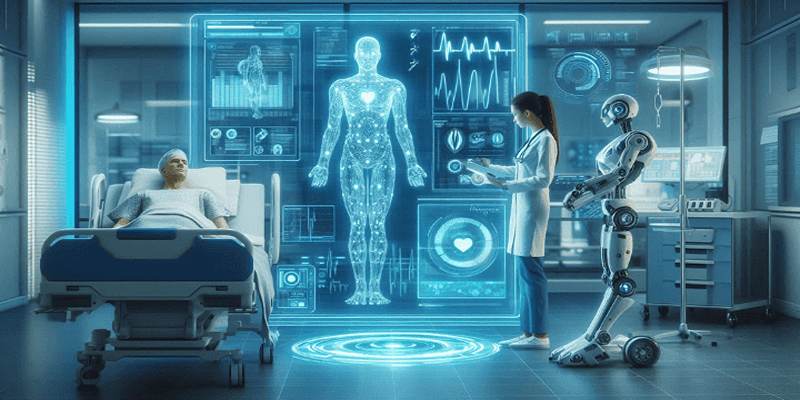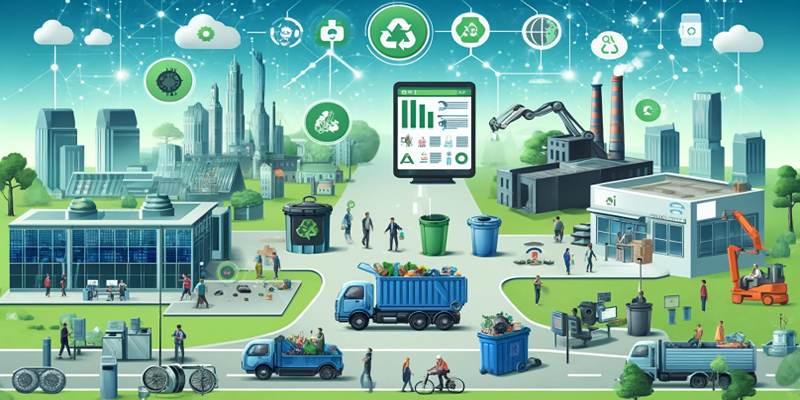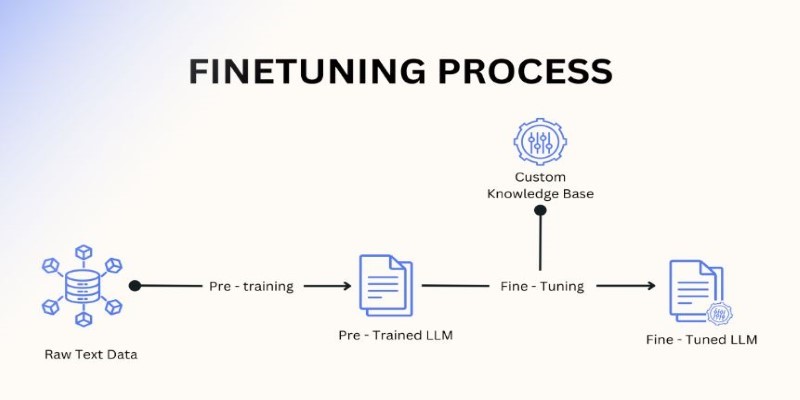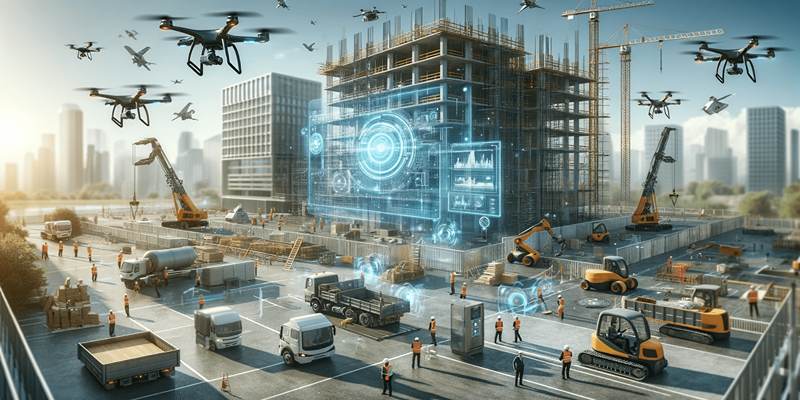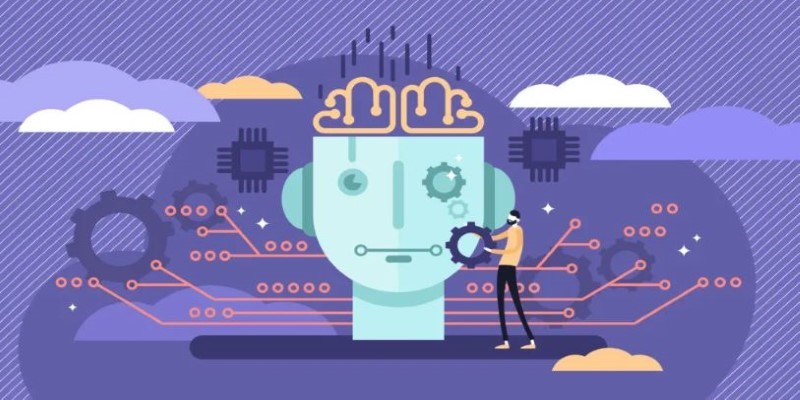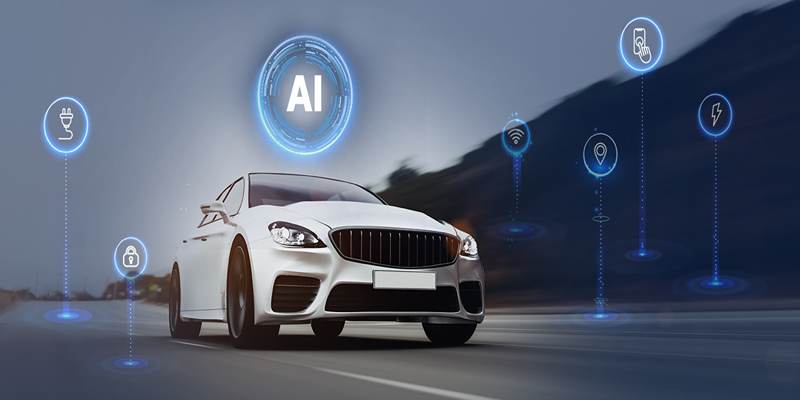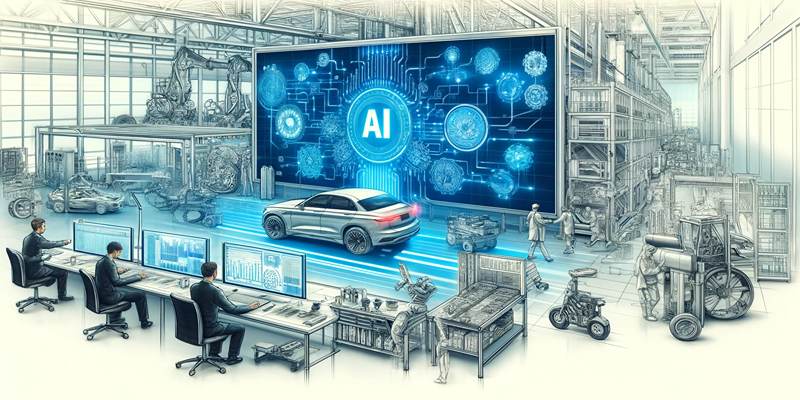More adults need health care and personal care services that can make their lives better as the world's population changes over time. Technology has come up with new ways to meet these growing needs. One technology that is changing the way seniors are cared for is Artificial Intelligence (AI).
AI has many benefits that help seniors with the problems they face every day. AI is turning out to be a very useful tool for making the lives of older people better in many ways. It can be used to keep an eye on their health and handle their medications. It can also make them safer and make them less lonely. AI is taking care of the old better and helping them live longer better lives. This post will talk about those ways.
How AI Enhances Elderly Care
AI isn't just an idea from the future; it's already changing the way seniors are cared for. AI can help adults live on their own more, stay healthy, and have better relationships with other people. It is a more in-depth look at how AI is changing care for the old.
Health Monitoring and Management
Devices and systems that use AI have made it much easier to keep an eye on seniors' health. Wearable tech, like fitness trackers and smartwatches, can keep an eye on vital signs, spot strange patterns, and call for help if there's an emergency. These gadgets keep an eye on your heart rate, blood pressure, and exercise level, which are all signs of your health. AI helps analyze this data, allowing healthcare professionals to make timely decisions.
Some AI-based systems are even capable of detecting early signs of chronic conditions like diabetes or heart disease, enabling early intervention and better management of these conditions.
- Health tracking devices: Monitor heart rate, blood pressure, and activity levels.
- Fall detection systems: Send immediate alerts to caregivers when a fall is detected.
- Early disease detection: Use AI to identify risk factors for conditions like diabetes or heart disease.
Medication Management

Taking care of medications can be hard for seniors, especially if they have a lot of them. Not taking your medicine or messing up the doses can be very bad for your health. AI-powered systems that manage medications are helping older people take their medicines as recommended.
These systems remind seniors when it’s time to take their medication and can even dispense the right dosage. Some advanced systems are integrated with pharmacies, allowing for automatic prescription refills. AI can also analyze medication interactions, ensuring that seniors are not taking medications that could cause adverse effects when combined.
Smart Home Technologies for Safety
Ensuring the safety of elderly individuals is a top priority, especially for those who live independently. Many seniors are at risk of accidents such as falls, and they may have difficulty getting up or calling for help when an emergency arises. AI-powered smart home technologies are significantly improving the safety of elderly individuals at home.
Smart sensors placed around the house can detect falls, monitor activity levels, and even track motion patterns. If a senior falls or becomes immobile, the system can send an alert to a caregiver or emergency responder. In addition to fall detection, AI-based smart home systems can help seniors by automating everyday tasks like adjusting the thermostat, locking doors, and turning off appliances. It reduces the risk of accidents and provides peace of mind to both seniors and their families.
- Fall detection and emergency alerts: Real-time fall detection to send emergency alerts.
- Automated home systems: Control lights, doors, and appliances to enhance safety.
Combatting Loneliness and Social Isolation
Social isolation is a major issue for many seniors, particularly those who live alone or are physically limited in their ability to interact with others. Loneliness can lead to mental health issues, including depression and anxiety. AI is helping to combat this issue by providing seniors with virtual companions and interactive technologies.
AI-powered robots and voice assistants can engage in meaningful conversations with seniors, offer companionship, and even play games to keep their minds active. These technologies can remind seniors of important events, such as birthdays or appointments, and offer regular social interactions that help them feel less isolated.
- Virtual assistants: Chatbots and robots engage seniors in conversation.
- Games and entertainment: Interactive games to provide mental stimulation.
- Emotional support: AI-driven robots offer companionship to reduce feelings of loneliness.
Enhancing Personal Independence
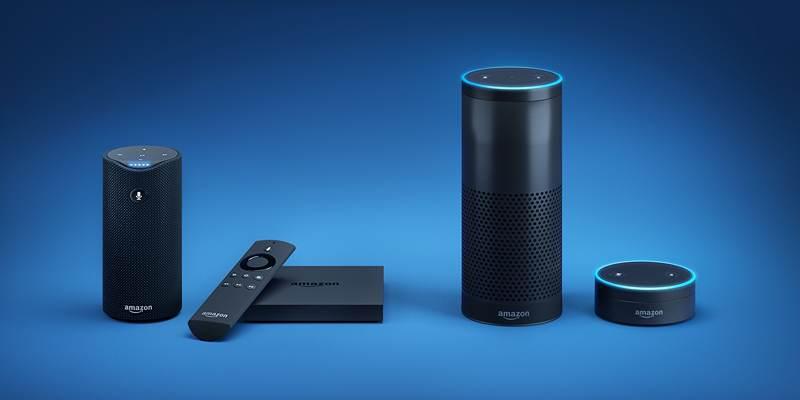
One of the key goals of AI in elderly care is to promote independence. Many seniors, particularly those living with mobility or cognitive issues, may feel dependent on others for help with daily activities. AI technologies empower seniors to manage these tasks more independently, improving their self-esteem and quality of life.
AI assistants like Amazon Alexa and Google Assistant allow seniors to perform simple tasks, such as setting reminders, making phone calls, or even ordering groceries, all through voice commands. For seniors with mobility challenges, voice-activated devices eliminate the need to physically interact with objects or systems, providing greater convenience and freedom.
- Voice-activated assistants: Help seniors perform tasks hands-free.
- Task reminders: AI sends alerts for daily chores or medical tasks.
Conclusion
Artificial intelligence is revolutionizing elderly care by improving health monitoring, ensuring safety, and providing emotional support. From helping seniors manage their medication to offering companionship and cognitive assistance, AI is enhancing the quality of life for seniors in ways that were previously unimaginable. As AI technologies continue to evolve, they will empower seniors to live more independently, stay healthier, and enjoy a better quality of life. By combining human care with the capabilities of AI, you can create a future where elderly individuals thrive in an environment that supports their physical, mental, and emotional well-being.
